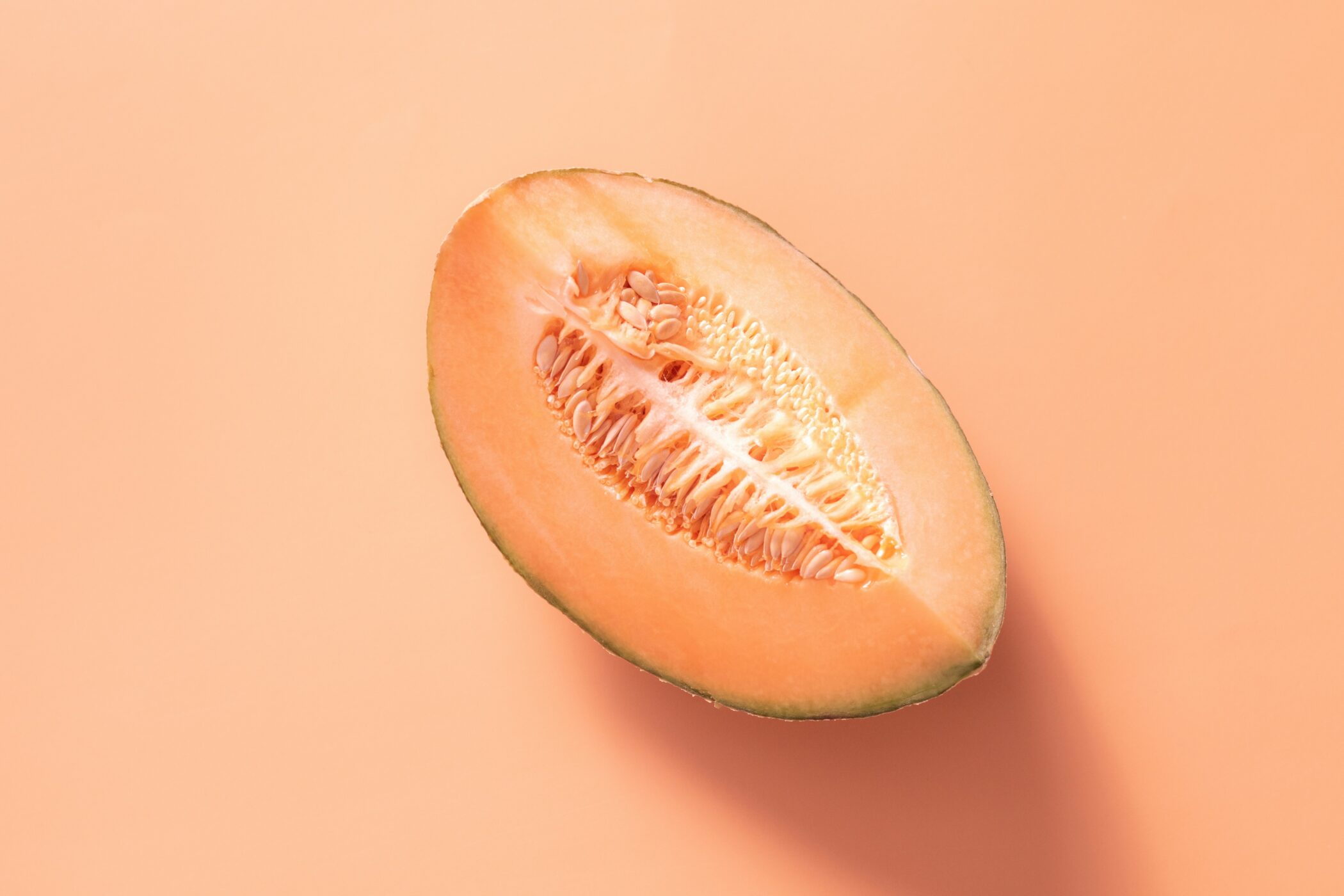Pink pineapples are the ultimate influencer fruit
Del Monte is selling US$50 genetically modified pink pineapples to status-seeking foodies in Canada and the US, who want to use food to 'show off'. Jenny Southan reports
Dubbeed the “jewel of the jungle,” Del Monte's new photogenic "Pinkglow" pineapples cost US$50, way more than a regular yellow pineapple.
Eye-catching and Instagrammable, the Frankenstein fruit is actually the product of genetic modification, and has been 16 years in the making. (The above image is a conceptual rendering.)
A spokesperson for Del Monte told Wired: “This is a social food. This is to show off to other people. ‘Hey, look what I have that you don’t. This makes me cool, right?’”
The Pinkglow website reads: “We can hear the comments from here: “OMG where did you find this!?” “It’s soooo pink!” “Cute top.” Become the envy of your friends and followers with this highly sought-after delicacy. Pinkglow will look phenomenal on whatever social media platform is en vogue by the time you read this."
Grown in Costa Rica, unlike other pineapples, it's also sold without its spiky crown. An influencer in its own right, the Pinkglow already has 35.5k Instagram followers.
In the article in Wired magazine, journalist Shawn Michael Jones described the flavour as "juicier and less tart" than a normal pineapple, adding that orange cauliflower and white strawberries are now "common sights" in American grocery stores too.
Until the mid-nineties, pineapples were pale yellow inside but then Del Monte developed a new varietal called the "Gold Extra Sweet", which was a richer yellow hue and less acidic than other pineapples on the market at the time. It was a cross-breeding process that took about 30 years.
So in 2005 it turned to genetic engineering, and the result is the Pinkglow. So what is the secret? In short, scientists inserted DNA from a tangerine to trigger more lycopene – a reddish-pink pigment that also gives tomatoes and watermelons their colour.
The appeal of Pinkglow pineapples extends beyond their striking color. Known for their extra sweetness and less acidic taste, these pineapples have quickly become a favorite among chefs and food enthusiasts looking to add a touch of whimsy and sophistication to their dishes. Whether used in tropical cocktails, gourmet desserts, or simply enjoyed fresh, Pinkglow pineapples are redefining the culinary experience.
Del Monte has also debuted other new varietals including the Honeyglow (even golder and sweeter than the Gold Extra Sweet), the Precious Honeyglow (a mini version of the Honeyglow), and the Del Monte Zero (a pineapple certified by a third party as carbon-neutral because of Del Monte’s expansive forests). Later in 2024 it will also introduce the Rubyglow (reddish peel, yellow flesh) in China. The Pinkglow will also likely go down well in Japan, a country that prizes perfect "gift fruit". Japanese gift fruit, renowned for its exceptional quality and aesthetic appeal, represents a unique cultural practice where fruit is cultivated to perfection and presented as a luxurious gift.
The Pinkglow will also likely go down well in Japan, a country that prizes perfect "gift fruit". Japanese gift fruit, renowned for its exceptional quality and aesthetic appeal, represents a unique cultural practice where fruit is cultivated to perfection and presented as a luxurious gift.
Often grown with meticulous care, these fruits, such as the famed Yubari King melons, Ruby Roman grapes, and Taiyo no Tamago mangoes, are hand-selected for their flawless appearance and superior taste. The cultivation process involves rigorous standards, from precise pruning and optimal environmental conditions to regular massages for certain fruits like apples to enhance their sweetness and uniformity.
These fruits are typically sold in high-end stores, often packaged in elegant boxes, and can fetch exorbitant prices, reflecting their status as symbols of respect, gratitude, and good fortune in Japanese culture. Shop at Hokkaido Uni and you will pay £73 for some strawberries and £136 for an Orenge Musk melon.

























